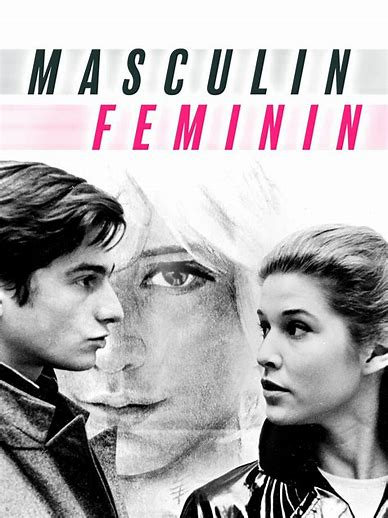Jacques Demy’s Peau
d’ane might appear to be among the most purest-hearted of films, if one
focused only on the tangible pleasure of its inventions – a donkey that
excretes gold and jewels, an old woman who coughs up frogs, dresses that look
like the weather and the moon and the sun, fairy godmothers, a talking rose; underlying
all of this though is a sense of adult mores and anxieties, evidenced in
particular by how the plot turns on a father’s incestuous wish to marry his
daughter (the film acknowledges that all little girls may at some point express
such a wish regarding their fathers, but the sensibility here is plainly pitched
beyond such innocent naivete). Like so many mythic narratives, the film would
seem arbitrary in its twistedness – why did the route to save the princess from
her father’s desire and to deliver her into the arms of her true love have to
follow such a highly specific course? – if not for Demy’s unwavering
specificity and deliberation, for the sense that the obstacle- and
oddity-strewn world here reflects the complexities of our own more earthly
strivings (even that fairy godmother is highly fallible, her decisions coloured
by some hinted-at romantic grievance against the king). One feels that Demy
would have rejected digital trickery even if it had been available to him: such
is the tangible sense of delight in, for example, painting the faces and horses
and prevailing décor of one kingdom in blue and of another in red, or in the physically
very varied casting; he refers to technologies that don’t yet exist in the
world of the film (and ultimately even has a helicopter touch down) and has the
princess take a puff on a pipe (which duly makes her cough), all of this held in
mysteriously perfect balance by the director’s immensely infectious, even if
vaguely melancholic, belief.




